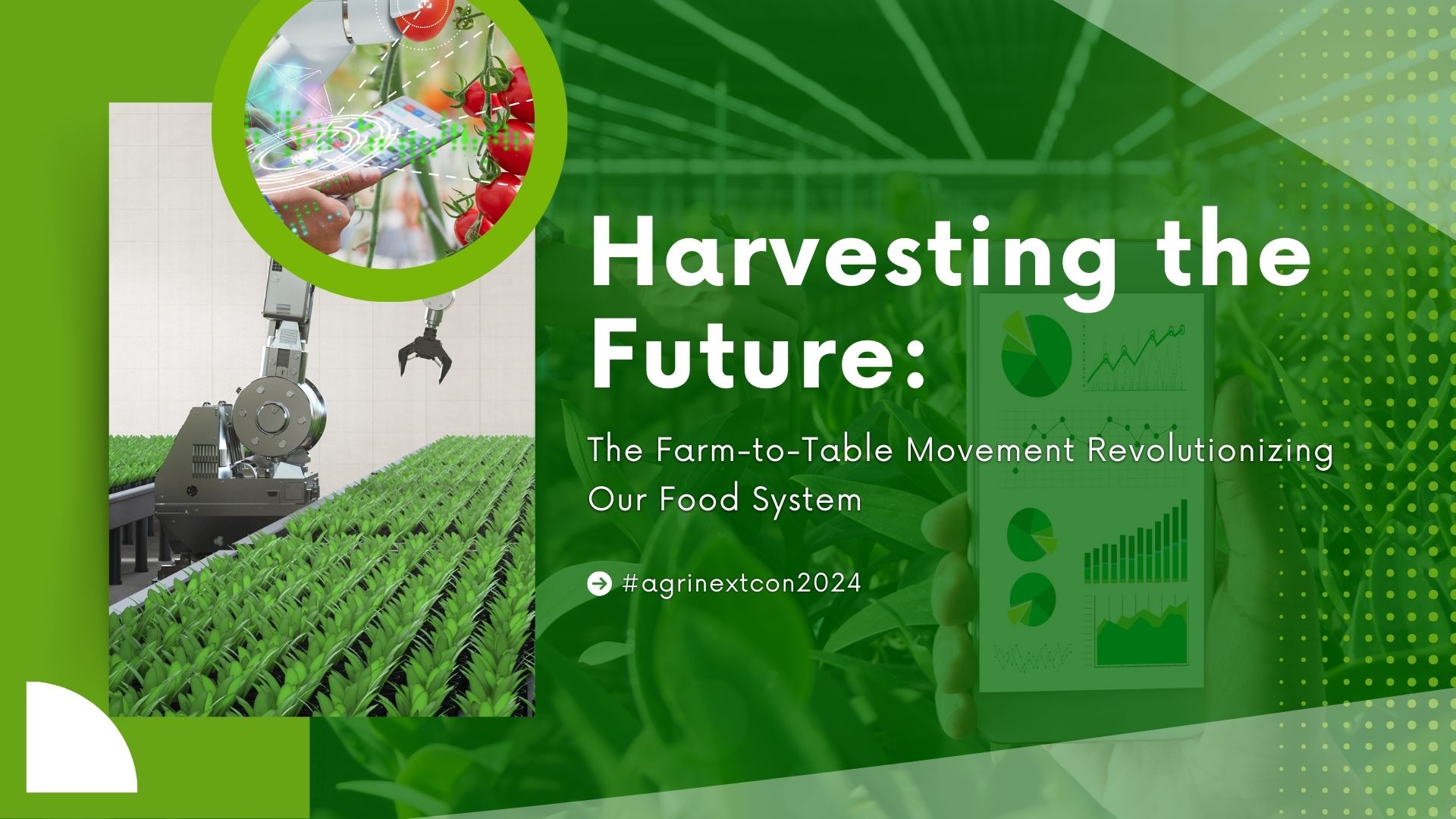
In recent years, a profound shift in consumer consciousness has sparked a movement beyond just what’s on our plates: the farm-to-table movement. This culinary and agricultural trend is reshaping how we think about food, emphasizing transparency, sustainability, and a return to locally sourced, fresh ingredients. As diners become more conscientious about their food choices, restaurants, farmers, and communities are coming together to cultivate a more sustainable and ethical food system.
“I love the idea of farm-to-table
and farmer’s markets. I enjoy a
meal more if I know I’m eating something good quality
and good for me”.…..Haylie Duff
“Happiness is apple cider doughnuts and farm days.”
The Roots of the Movement:
The farm-to-table movement is rooted in a desire to reconnect with the source of our food, promoting a more direct relationship between farmers and consumers. Consumers today are increasingly interested in knowing where their food comes from, how it’s produced, and the environmental and social impact of its journey to their plates,
Local Farmers as Culinary Partners:
One of the key pillars of the Harvesting the Future: The Farm-to-Table Movement Revolutionizing Our Food System-to-table movement is the close collaboration between chefs and local farmers. Restaurants that embrace this ethos build partnerships with nearby farms, creating a network that allows chefs to access the freshest seasonal produce and support local economies. This not only ensures a more diverse and flavorful menu but also reduces the carbon footprint associated with food transportation.
Sustainability at the Core:
Sustainability is at the heart of the farm-to-table movement. By choosing locally- sourced ingredients, restaurants and consumers contribute to the reduction of food miles, minimizing the environmental impact associated with long-distance transportation. Additionally, many farm-to-table establishments prioritize regenerative farming practices, which focus on soil health, biodiversity, and water conservation.
Community Connection
Beyond the plate, the farm-to-table movement fosters a sense of community. Farmers’ markets, community-supported agriculture (CSA) programs, and local food events bring people together, providing a space for meaningful interactions between producers and consumers. This sense of connection reinforces the idea that food is not just a commodity but a shared experience that ties communities together.
Challenges and Opportunities:
While the farm-to-table movement has gained significant traction, it also faces challenges. Small-scale farming can be economically challenging, and there are logistical hurdles in establishing efficient local supply chains. However, these challenges present opportunities for innovation, policy changes, and increased public awareness.
The farm-to-table movement represents a fundamental shift in our approach to food – a return to a more sustainable, transparent, and community-centric model. As consumers increasingly seek out restaurants and markets that align with these values, the movement continues to evolve and shape the future of our food system. By supporting local farmers, embracing sustainability, and fostering community connections, the farm-to-table move it is sowing the seeds of a healthier, more resilient, and interconnected food future.
The farm-to-table movement is a global phenomenon, but its prevalence and adoption can vary significantly from region to region. Some regions and countries have embraced the farm-to-table concept more enthusiastically, often driven by a combination of factors such as cultural values, environmental awareness, and local agricultural practices. Here are a few examples of places where the farm-to-table movement is particularly prominent:
United States:
- The farm-to-table movement has gained substantial popularity in the United States, especially in cities and regions with a strong focus on sustainability and local agriculture. Areas like California, the Pacific Northwest, and the Northeast have vibrant farm-to-table scenes, with many restaurants emphasizing locally- sourced, seasonal ingredients. Europe:
- Countries in Europe, such as Italy and France, have a long tradition of valuing local and seasonal produce. The farm-to-table concept aligns well with European culinary traditions, and many restaurants and markets across the continent emphasize the importance of local sourcing.
Scandinavian Countries:
Nordic countries, including Denmark, Sweden, and Norway, have been at the forefront of the farm-to-table movement. Renowned restaurants in these countries often focus on using locally-sourced and foraged ingredients, promoting sustainability and a connection to nature.
Australia and New Zealand:
Both Australia and New Zealand have seen a growing interest in the farm-to-table movement. The emphasis on fresh, local produce is particularly strong in these regions, and many chefs and farmers collaborate to showcase the diversity of their local food landscapes.
Canada:
- Similar to the United States, Canada has embraced the farm-to-table movement, with a focus on supporting local farmers and promoting sustainable agriculture. Regions like British Columbia and Ontario have vibrant farm-to-table scenes.
Asia:
- While the farm-to-table movement is less prevalent in some Asian countries, there is a growing awareness and interest in sourcing local and sustainable Ingredients. In places like Japan, for example, the concept of “satoyama” emphasizes the harmonious coexistence of nature and agriculture.
It’s important to note that the farm-to-table movement is dynamic and continually evolving, with various degrees of adoption and emphasis in different parts of the world. Local conditions, cultural preferences, and economic factors all play a role in shaping the extent to which the farm-to-table ethos is embraced in a given region.
The farm-to-table movement has gained traction in certain parts of India as well. While it may not be as widespread as in some other regions, there is a growing interest in sourcing fresh, local, and sustainable ingredients in the country. Here are a few places in India where the farm-to-table concept is being practiced:
Himachal Pradesh:
The mountainous region of Himachal Pradesh is known for its focus on organic farming and locally-sourced produce. Restaurants and cafes in places like Manali and Dharamshala often highlight the use of fresh ingredients sourced from nearby farms.
Goa:
Goa, with its mix of coastal and inland influences, has seen an increase in farm-to- table practices. Some restaurants and resorts in Goa emphasize locally-sourced seafood, fruits, and vegetables, providing a more sustainable and authentic dining experience.
Bangalore (Bengaluru):
As a hub for IT and a city with a diverse culinary scene, Bangalore has witnessed the rise of farm-to-table restaurants. Chefs and restaurateurs in the city often collaborate with local farmers to showcase Karnataka’s rich agricultural produce.
Pune:
Pune, with its proximity to agricultural areas in Maharashtra, has embraced the farm-to-table movement. There are restaurants and cafes in Pune that prioritize using fresh, locally-sourced ingredients to support nearby farmers.
Kerala:
- Kerala’s emphasis on fresh and tropical ingredients makes it conducive to the farm-to-table concept. Some resorts and restaurants in Kerala highlight local produce, seafood, and traditional ingredients in their menus.
Auroville (Tamil Nadu):
- Auroville, an experimental township in Tamil Nadu, has a strong focus on sustainable living and agriculture. The community supports organic farming practices, and several cafes and restaurants in Auroville prioritize locally sourced and organic ingredients.
While these examples showcase pockets of the farm-to-table movement in India, it’s essential to recognize that the concept is still evolving, and its prevalence may vary across different states and cities in the country. As awareness of sustainable and locally-sourced food grows, it’s likely that the farm-to-table movement will continue to expand in various regions of India.
Signup For AgriNext Conference Newsletter


